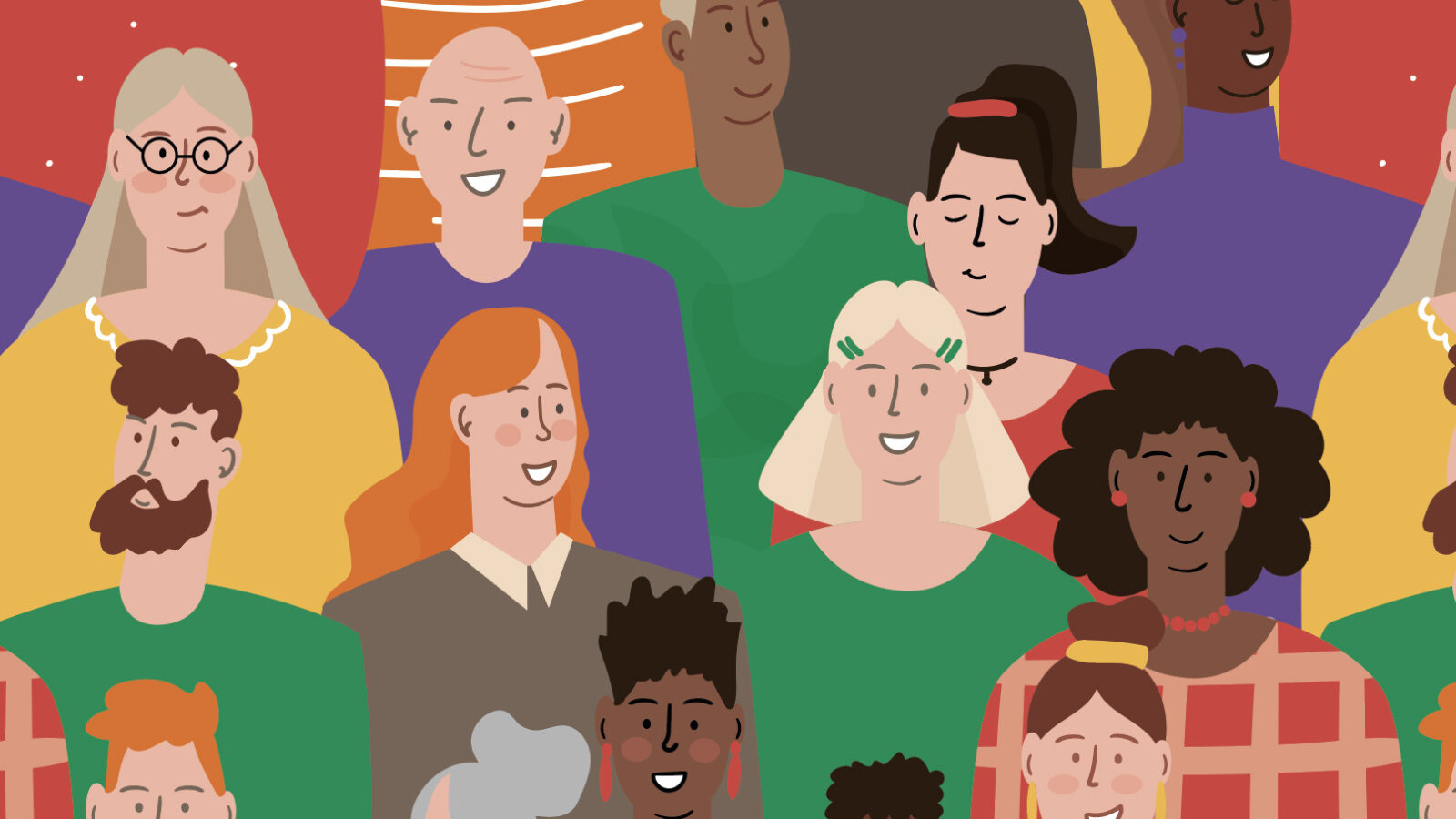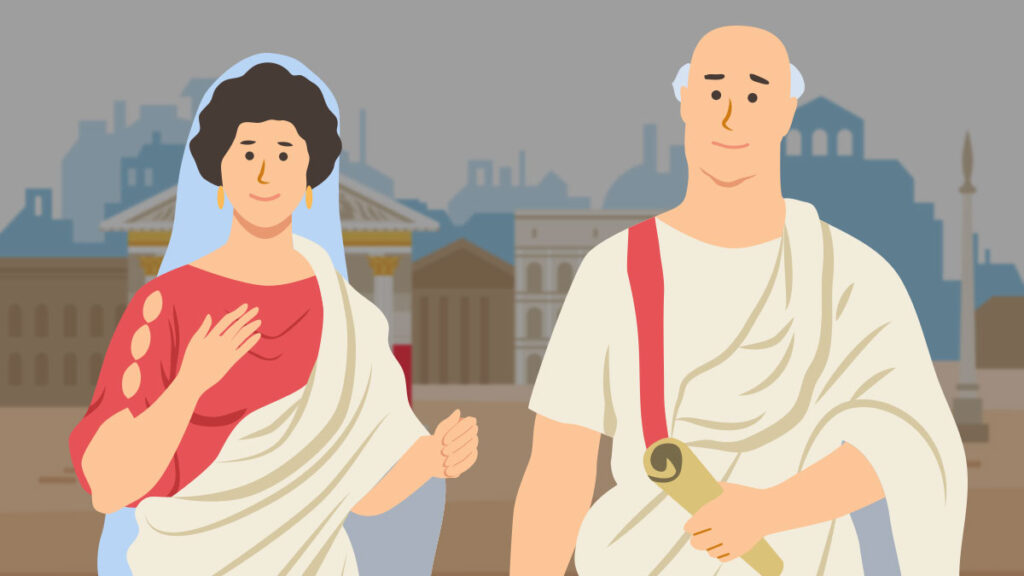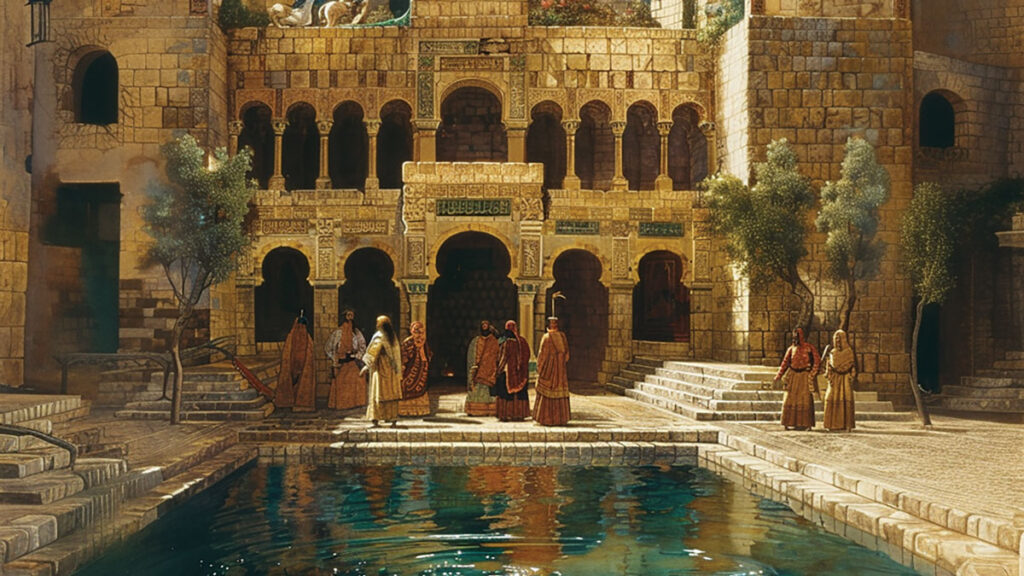In Genesis 10, there’s a strange list of names and peoples. Following the flood narrative, Noah’s sons take seriously the command to “be fruitful and increase in numbers” (Genesis 9:7). Shem, Ham and Japheth have children. Then their children have children and over a series of generations, couples become families, families become tribes and tribes become nations. Among this “Table of Nations” are colourful characters like Egypt, Ashur (Assyria), Elam (Persia) and Canaan, among others. If you’ve read much of the Bible, you’ll recognise these names—they’re the villains of the story. These are the pagan-worshipping, tribalistic aggressors that bring drama and conflict to the people of God. However, a closer reading reveals a shocking truth: that our heroes are actually related by blood to these people.
Throughout history we’ve seen an effective tactic used by warmongers and empire builders—dehumanising the enemy. The Allies during WWI called the Germans “The Hun” as a pejorative. Several decades later and the propaganda campaign was in full use against both Nazi Germany and Imperial Japan. Fuelled by real fear, these campaigns often capitalised on the worst stereotypes.
To see an enemy as “other”, “not like us” or at worst, “barely human” is pragmatic—it helps mobilise entire nations in times of war. However, the effects of these propaganda campaigns are often felt long after the war is over. My grandfather who fought on Bougainville Island in PNG during WWII had an uneasy attitude toward Japanese people even decades after the war was over, as did many of his generation.
When we see the Assyrians, Babylonians, Egyptians, Canaanites, Moabites and others in the biblical text, it’s easy to view them as my grandfather viewed the Japanese: corrupt, evil and less human than our noble Israelite heroes.
The Nation of Tables in Genesis 10 reveals that these “monsters” are actually descended from the same line (Noah’s line, to be specific), which means they’re all brothers, sisters and cousins. When I realised this, it reframed the story for me. Instead of seeing it as a black-and-white tale of heroes vs villains, it helped me to see the biblical conflict for what it really is: a tragic family drama. The failure of Abraham’s family is compounded when we consider their purpose: to be a nation through whom all the nations on earth will be blessed. Of course, Jesus comes along several thousand years later to fulfil that Messianic promise, but one has to wonder about the geopolitical opportunities that were missed along the way.
Reconciliation can be messy. Sociologists estimate that around 930 current ethnic groups exist today. In such diversity, it’s easy to see those who don’t look like you, speak like you or share your worldview as “other” or “alien”. However, if we believe (as I do) that we are all descendants of Noah, then we must also believe that each person, regardless of race or culture, is a long-lost brother or sister. If that’s the case, then anything we can do to bring more dignity, autonomy or justice to disenfranchised people groups is not an act of me vs you; it is in fact an act of family reconciliation. I’m encouraged that at the end of time, our differences are not erased, but celebrated. Of the New Jerusalem and the Lamb, John the Revelator says, “the nations will walk by its light, and the kings of the earth will bring their splendour into it” (Revelation 21:24). He then later brings to our attention the Tree of Life, whose leaves are “for the healing of the nations” (22:2). How beautiful to consider that all the ugliness of human civilisation will find its redemption in the New Heaven and New Earth. Until that day, let’s be people of reconciliation.






